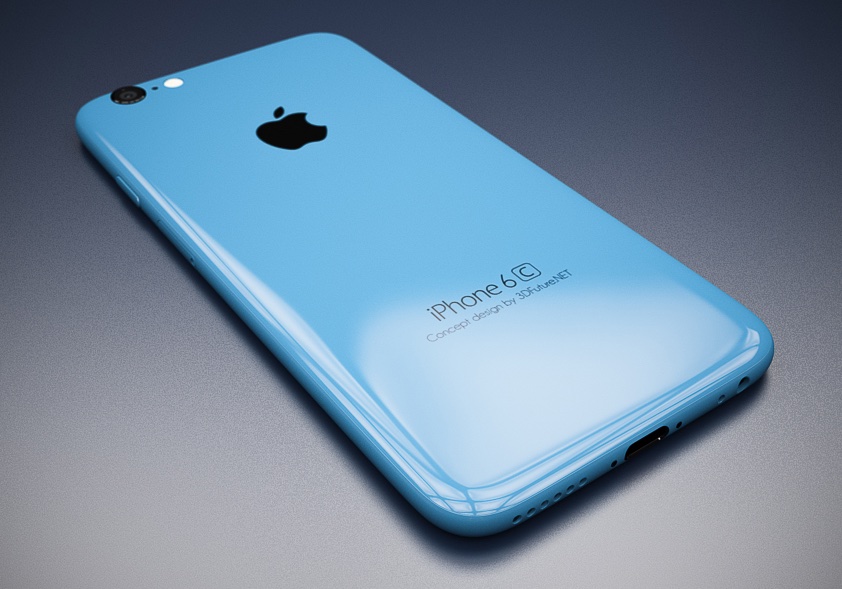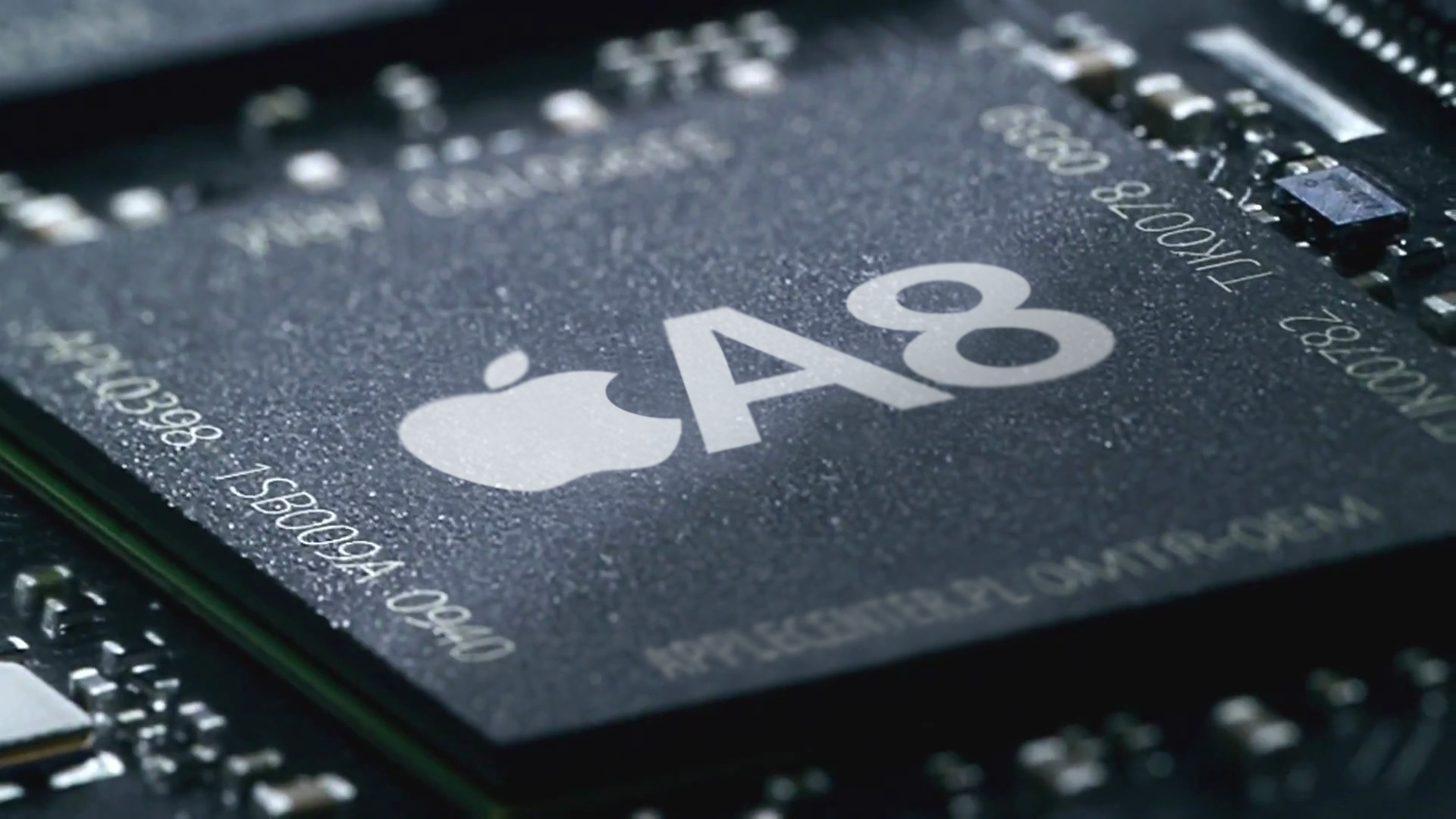
TSMC, or Taiwan Semiconductor Manufacturing Company Limited, is expected to remain the major supplier of Apple’s in-house designed processors for the upcoming iPhone 6s and iPhone 6s Plus.
In addition, the world’s largest independent semiconductor foundry is said to supply 20-nanomenter chips for an upcoming iPhone 6c model, expected to arrive as Apple’s new entry-level iPhone with a price tag between $400 and $500.
An Apple-designed system-on-a-chip for the next-generation iPhone 6s and iPhone 6s Plus models should be called the ‘A9′ and will be built on TSMC’s 16-nanometer FinFET process technology, industry sources told DigiTimes. [1]
“Meanwhile, TSMC will supply a portion of processors for the iPhone 6s and 6s Plus models, using its 16nm FinFET technology,†the sources said, indicating that chip orders for those devices will be shared between Samsung and TSMC.
“The sources identify Samsung Electronics as the other processor supplier for the upcoming 6s models,†the story reads. “Samsung had long been the sole provider of Apple’s A-series chips until it lost out to TSMC for the A8 series used in the iPhone 6 and 6 Plus.â€

Today’s A8 ticking inside the current iPhone 6 and iPhone 6 Plus models is also being built by TSMC, which replaced Samsung as the manufacturer of Apple’s mobile device processors.
The A8 is fabbed on TSMC’s 20-nanometer process, as opposed to the forthcoming A9 which, as stated above, taps the more advanced 16-nanometer FinFET process.
TSMC is also expected to roll out a 16nm FinFET Turbo process specifically tailored to Apple’s requirements. The company kicked off early or “risk†production of 16nm FinFETs in November 2013.
16-nanometer technology allows for smaller transistors on the chip, resulting in a smaller die and lower heat dissipation. The less heat dissipated, the power friendlier the chip is.

And the smaller the transistors on it, the speedier it gets as the electronics travel shorter distance. Apple typically advertises its mobile chips as twice as fast versus the previous generation, much of their speed gains owed to Moore’s Law.
The reports adds that strong demand for the iPhone 6 and iPhone 6 Plus has boosted TSMC’s sales generated from 20nm process technology.
Another DigiTimes report filed this morning  surprised watchers with claims that a four-inch iPhone 6c is due later this year running the current-generation A8 processor which powers the iPhone 6 and iPhone 6 Plus.
“Growth in TSMC’s 20nm business is expected to continue in the second half of 2015, as the foundry will supply chips†for a four-inch iPhone 6c, DigiTimes’ sources noted.
The iPhone 6c should be assembled by Wistron.
Pegatron and Foxconn, Apple’s longtime contract fabricator, are expected to share assembly work on the iPhone 6s and iPhone 6s Plus between themselves.

iPhone 6c shipment are estimated to reach 10-20 million units in the first year after its release. With the exception of a previous-generation processor, the iPhone 6c is expected to share same display technology, Touch ID fingerprint recognition, NFC and Corning’s Gorilla Glass screen protection like the forthcoming iPhone 6s models.
DigiTimes is well plugged into the vast Asian supply chain, but the trade publication has had its fair share of misses so treat this story accordingly.

No comments:
Post a Comment